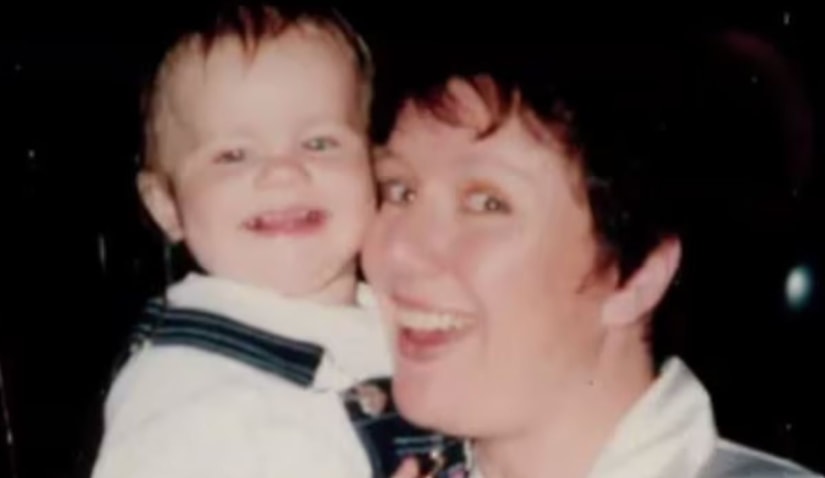Powered by MOMENTUM MEDIA
As Kathleen Folbigg enjoys her first days of freedom after 20 years behind bars, a national association of lawyers has called for an independent body to investigate wrongful convictions.

NSW Attorney-General Michael Daley announced on Monday (5 June) Ms Folbigg had been pardoned following summary findings from former chief justice Tom Bathurst that there is reasonable doubt as to her guilt for the offence she was convicted for.
In relation to the fourth child, “the coincidence and tendency evidence which was central to the 2003 Crown case falls away”.
Mr Bathurst was also “unable to accept … the proposition that Ms Folbigg was anything but a caring mother for her children”.
Due to the volume of submissions and evidence, Mr Bathurst advised it would take some time for the formal report to be finalised.
“Given all that has happened over the last 20 years, it is impossible not to feel sympathy for Kathleen and Craig Folbigg.
“I am glad that our legal system in NSW contains provisions that allow for the continual pursuit of truth and justice,” Mr Daley said.
In light of these findings and Ms Folbigg’s pardon, Australian Lawyers Alliance criminal justice spokesperson Greg Barns SC said the legal system actually “makes it very difficult for a person to challenge their conviction, even when new evidence comes to light”.
Mr Barns said an independent body would take the responsibility for appeals away from the convicted person and would also “provide an important protection against wrongful convictions”.
“An independent dedicated body, like those that exist in New Zealand and the UK, to investigate criminal cases where people maintain they have been wrongfully convicted would provide a valuable safeguard against terrible miscarriages of justice, and could help prevent another case like Kathleen Folbigg,” Mr Barns said.
In New Zealand, the body investigates if there are doubts about a conviction and then refers the case to an appeal court.
In the UK, 12 independent experts review the disputed case and send them back to a criminal court if there is a reason to do so.
“We understand that the NSW Attorney-General has said that he is open to considering legal changes that are required to avoid a situation like Kathleen Folbigg’s in the future.
“An independent criminal case review body would be an effective way to help prevent this terrible situation [from] occurring again,” Mr Barns said.
We're evolving — and so should your insights. Heads up — Lawyers Weekly is going premium from 1 May for just $5 a month. Stay informed without missing a beat. More information coming soon.

Naomi Neilson is a senior journalist with a focus on court reporting for Lawyers Weekly.
You can email Naomi at: